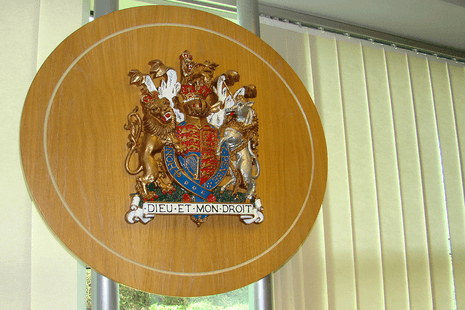
The operator was found to have a high MOT failure rate, did not respect maintenance intervals and failed to take action against obvious defects
Homers Travel Ltd was the holder of a standard national PSV operator’s licence for three vehicles. The licence was granted in May 2018, and the sole director of the company was Mr Robert Gibson, who was also the nominated transport manager on the licence.
In 2019 the DVSA carried out a maintenance investigation into Homers Travel, with an unsatisfactory result. Shortcomings reported were safety inspection intervals not being respected; numerous driver detectable defects on safety inspection sheets; inspections being conducted on site, with inadequate inspection facilities; a 66% MOT failure rate; and a prohibition for a defective tyre.
Following that investigation, Mr Gibson gave DVSA various assurances at a Public Inquiry (PI) in 2019, including that he would do a walk round check with every driver to ensure they were doing defect checks correctly and would carry out spot checks of drivers in the future, and that he was in discussion with a couple of operators to see if he could put an agreement in place to use their facilities for the regular safety inspections.
[…]
By subscribing you will benefit from:
- Operator & Supplier Profiles
- Face-to-Face Interviews
- Lastest News
- Test Drives and Reviews
- Legal Updates
- Route Focus
- Industry Insider Opinions
- Passenger Perspective
- Vehicle Launches
- and much more!


